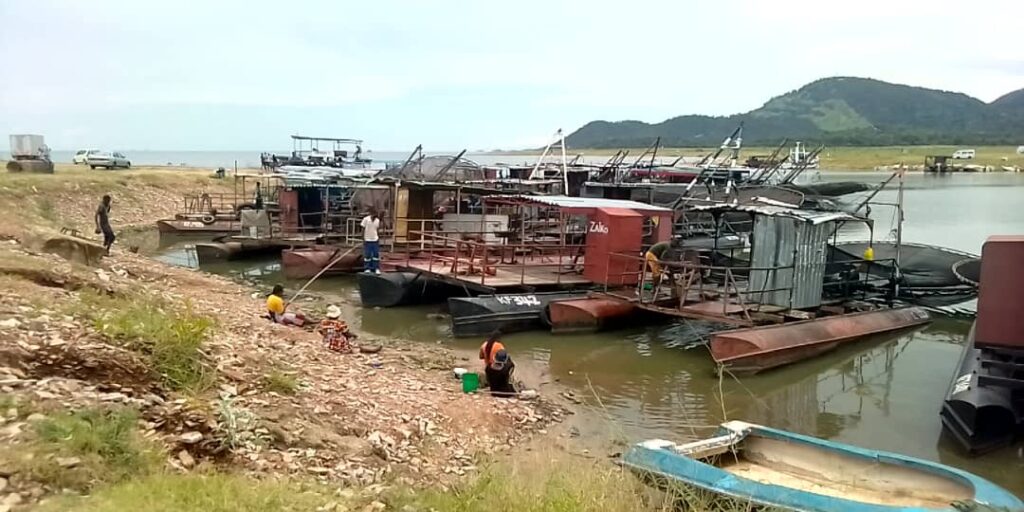The ministry of environment, climate, tourism and hospitality has said climate change has affected Lake
Kariba environs as envisaged by low water levels at Lake Kariba. Fish yields in the lake have been
declining over the years due to several factors which include overfishing, the use of unsustainable
fishing practices.
“Climate change has also played a part in negatively impacting total fish catches and lowering household
income. With the Lake Kariba Inshore Fishery Management Plan now in place, these challenges can be
addressed, said Nobizitha Mangaliso Ndlovu.
“Let me extend our appreciation to the Food and Agriculture Organization of the United Nations (FAO)
for the generous support towards sustainable fisheries management through the FAO’s Code of Conduct
for responsible fisheries. They have also supported development, and utilization of the small-scale
fisheries of Lake Kariba, Zimbabwe for the past two years through the Technical Cooperation
Programme (TCP) and through the Technical Consultations which bring Zambia and Zimbabwe together.
They immediately responded to the appeal we presented to them to support our efforts in Ecosystem-
based Management and Utilization of Inland Fisheries Resources for food security. The Government fully
supports such programmes which undoubtedly have a positive impact on the communities.
“It is indeed possible that communities can become effective institutions for sustainable resource
management, but only if they are granted genuine proprietorship, that is the right to use resources. This
Lake Kariba Inshore Fishery Management Plan will give opportunities for wider community participation,
social dialogue and collaborative partnership among various stakeholders and development partners.
The Lake Kariba Inshore Fishery Management Plan is part of the National Development Strategy 1 (NDS
1) goal of ensuring food and nutrition sufficiency to all and improving the health of ecosystems. The
implementation of the project was done through teamwork involving the FAO project team,
Government officers, fishers and other stakeholders
FAO’s work in Fisheries and Aquaculture is geared towards bringing about a Blue Transformation, a
vision committed to building sustainability and resilience. The TCP project outputs including the
development of a Fisheries Management Plan contribute to the attainment of national targets as
outlined in national frameworks namely, National Development Strategy 1 (2020 -2025), and the
Agriculture and Food Systems Transformation Strategy: 2020 -2030.
FAO is implementing another fisheries initiative jointly with the Government of Zimbabwe called the
FISH4ACP project. FISH4ACP aims to contribute towards a productive and a sustainable tilapia
aquaculture industry in Zimbabwe, lifting the population out of extreme poverty, as well as improving
food security. FISH4ACP’s priority areas for Zimbabwe’s tilapia aquaculture value chain include scaling-
up production by applying low cost new technologies and assisting the Government in the development
of a Fisheries Act.
“I envisage a successful implementation of the Fisheries Management Plan and urge active participation
and engagement from all the stakeholders to enhance the resilience and sustainability of the inshore
fisheries of Lake Kariba, said Patrice Talla, Sub-regional Coordinator for Southern Africa.
Gache-Gache Fishing camp chairperson, Tichaona Manzungu Friday commended the government for
involving local people in fisheries projects.
“We want to commend government for involving local people in fisheries. This has made the industry to
grow and become what it is, today.
Article By: Obert Siamilandu

